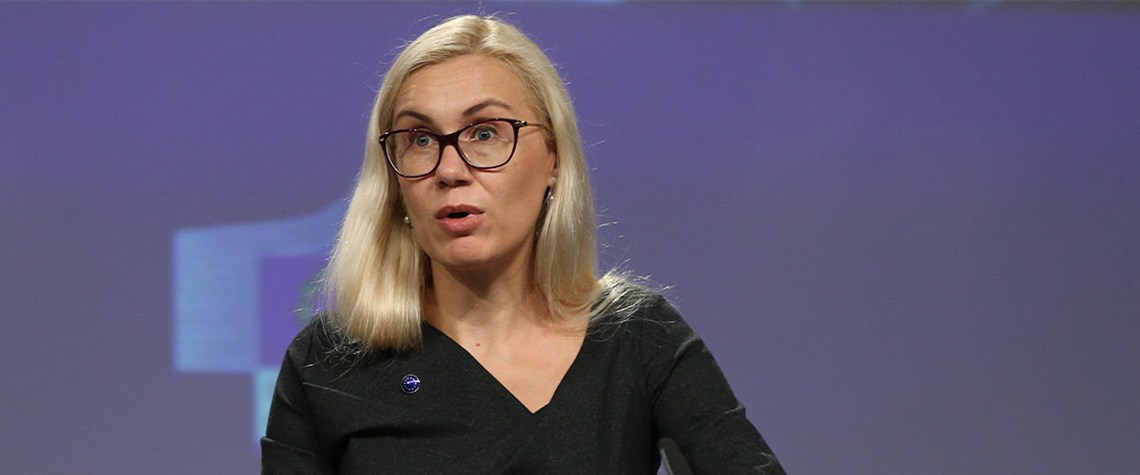War adds impetus to Europe’s gas decarbonisation
Gas businesses have embraced the acceleration of decarbonisation prompted by the Ukraine war but are concerned about the feasibility of new targets—especially for hydrogen
EU businesses were facing an avalanche of legislation even before the war in Ukraine, most notably the ‘Fit for 55’ package, adopted by the European Commission in July 2021, and the hydrogen and gas decarbonisation package, adopted in December 2021. These proposals alone would have kept stakeholders busy for months. Russia’s invasion of its neighbour in February has ramped up the legislative agenda considerably with what EU Commissioner for Energy Kadri Simson described at last week’s annual Eurogas conference as “our blueprint for removing Russian fossil [fuels] from our system as early as possible”—the RepowerEU proposals, published in May. 31pc – Share of Russian gas imports into EU

Also in this section
9 January 2026
A shift in perspective is needed on the carbon challenge, the success of which will determine the speed and extent of emissions cuts and how industries adapt to the new environment
2 January 2026
This year may be a defining one for carbon capture, utilisation and storage in the US, despite the institutional uncertainty
23 December 2025
Legislative reform in Germany sets the stage for commercial carbon capture and transport at a national level, while the UK has already seen financial close on major CCS clusters
15 December 2025
Net zero is not the problem for the UK’s power system. The real issue is with an outdated market design in desperate need of modernisation







